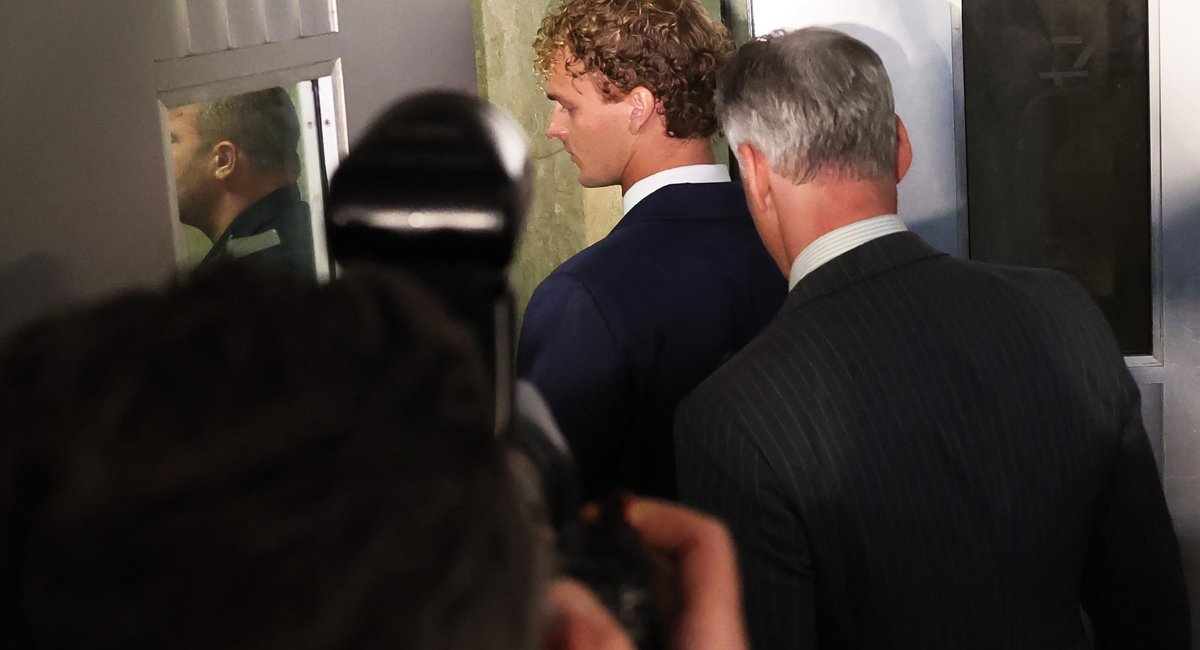The medical examiner who analyzed Jordan Neely’s body after Daniel Penny kept him in a chokehold on an uptown F train last year could not identify any other reasonable explanation for his death besides compression of his neck, she testified during Penny’s Manhattan criminal trial on Friday.
“It is your opinion, if Mr. Neely’s neck was not compressed, he would not have died?” Assistant District Attorney Dafna Yoran asked.
“Yes,” replied Dr. Cynthia Harris with the chief medical examiner’s office.
Harris’s testimony on Friday is critical for prosecutors, who need to establish that Penny caused Neely’s death. She was the final witness in the prosecution’s case. Penny’s defense attorneys are expected to call their own witnesses starting Monday.
Penny has pleaded not guilty to manslaughter and criminally negligent homicide charges in Neely’s death. On May 1, 2023, Penny wrapped his arm around Neely’s neck, pulled him to the floor of the train and continued to hold on for about six minutes, according to evidence at his trial. Neely was pronounced dead at a hospital soon afterward. Penny told detectives that he put Neely in a chokehold because he was yelling threats and “acting like a lunatic.” He also said he was trying to restrain Neely until police arrived at the next station — not kill him.
But Harris said the chokehold prevented oxygen from traveling to Neely’s brain, causing him to lose consciousness and ultimately die. She said the oxygen was likely cut off in part by pressure on one side of Neely’s neck. Oxygen flow could also have been blocked from pressure under Neely’s chin, which the medical examiner said could have pushed Neely’s tongue or other tissue into his throat. She added that that type of blockage would only require a small amount of force.
Over the course of about four hours on Thursday and Friday, Harris walked jurors through some of the mechanics of the body, explaining in detail how people breathe and what can…
Read the full article here

Leave a Reply